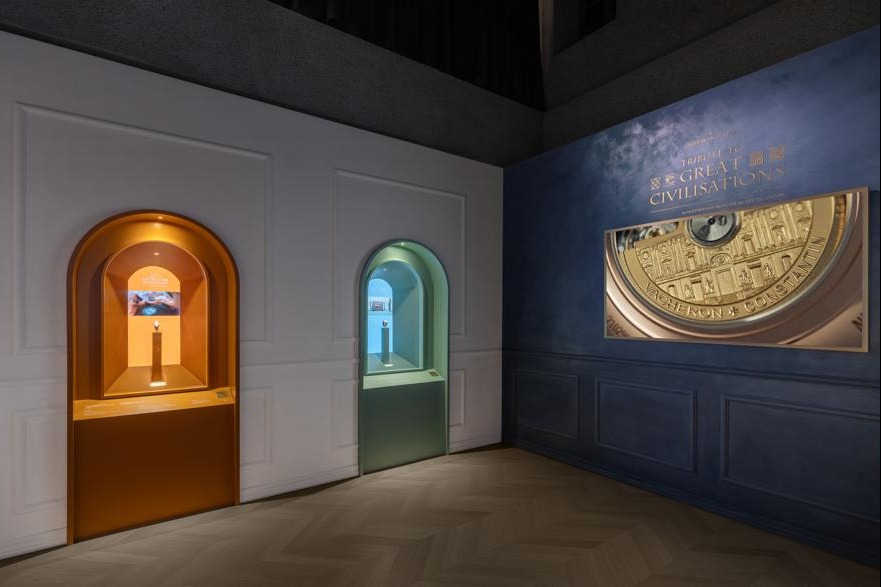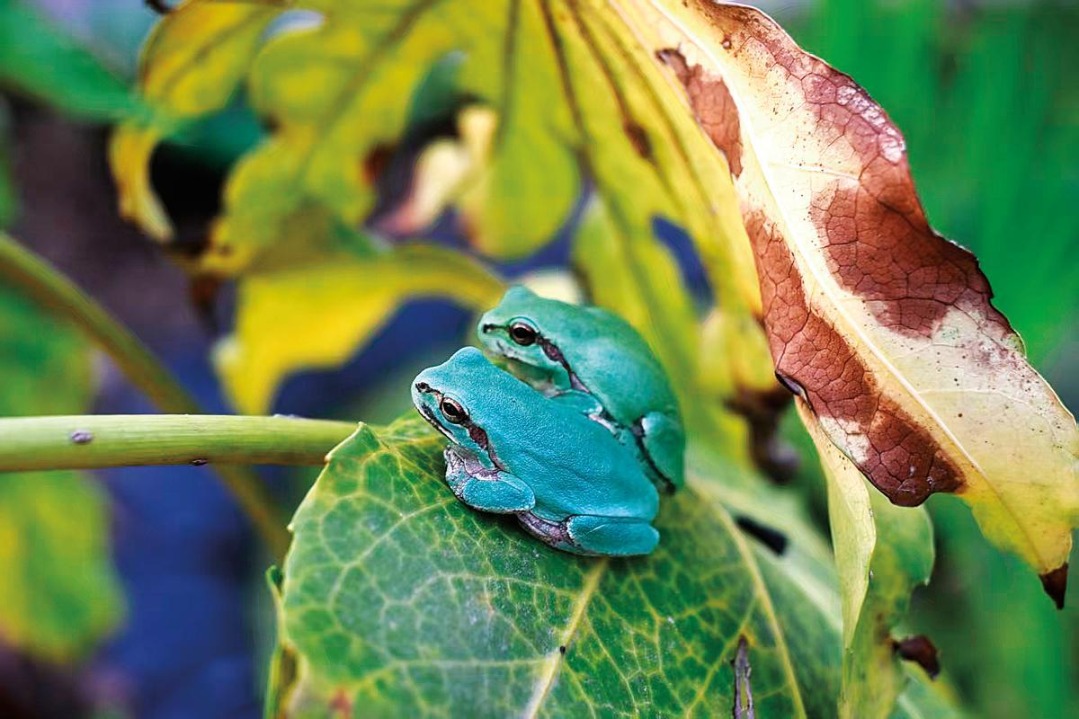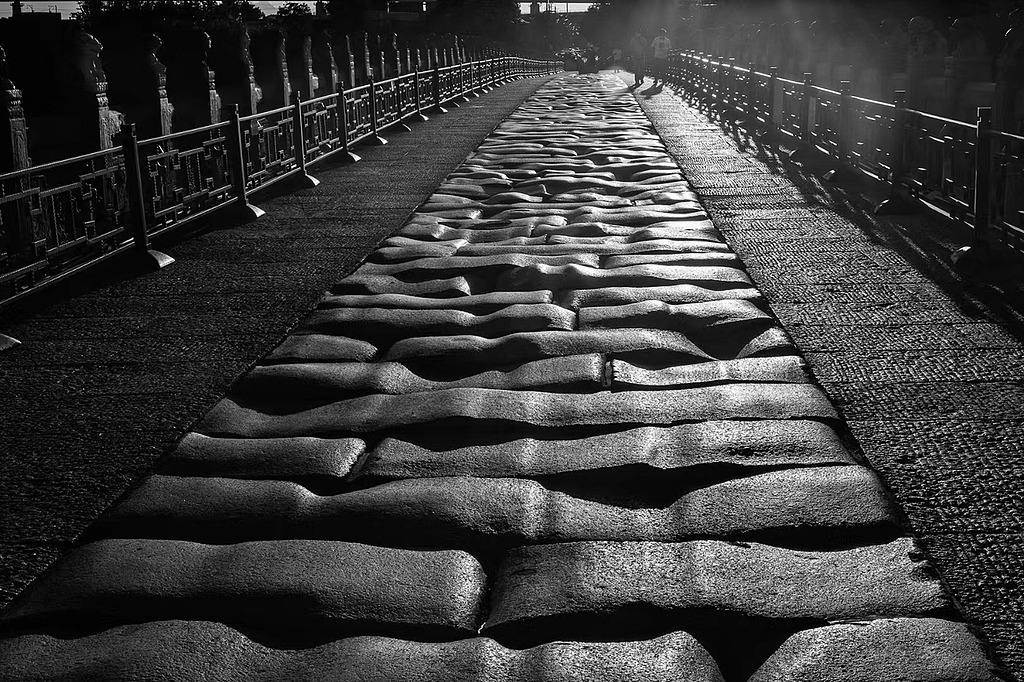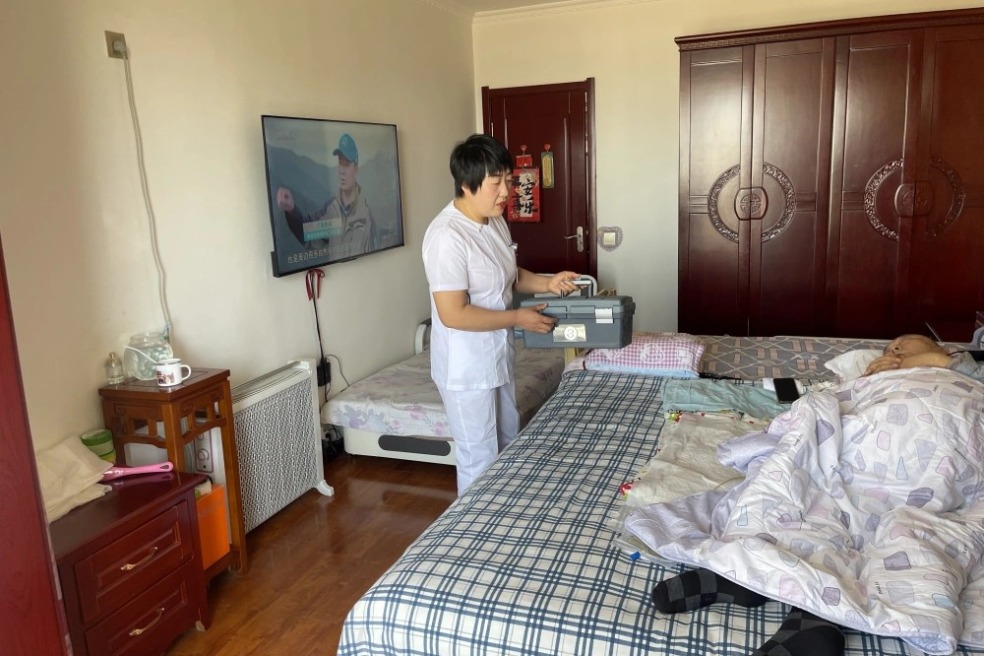New guidelines regulate battery recycling sector


The government is tackling illegal disposal of lead-acid fuel cells, which has resulted in pollution and higher health risks. Hou Liqiang reports from Pizhou, Jiangsu.
China is the world's largest manufacturer of lead-acid batteries, which are widely used to power electric bikes and supply the ignition spark for conventional automobiles.
However, spent batteries, which are officially designated as hazardous waste, are often disposed of illegally, squandering large amounts of valuable lead and causing pollution that is costly to remedy.
The problem has attracted the attention of the central government, which responded earlier this year by publishing new guidelines and launching a pilot program designed to strengthen governance of battery disposal.
Industry insiders and experts believe the initiative will help to overcome many of the obstacles hampering the development of the battery disposal sector, because it will not only address the environmental damage caused by illicit processing but also reduce China's reliance on lead imports.
However, they called for the government to increase financial support provided to legitimate disposal companies, arguing that failure to do so will give illegal processers an edge.
In 2017, China produced about 3.8 million metric tons of lead-acid batteries, more than 40 percent of the global total, according to the Ministry of Ecology and Environment.
Most spent batteries are not disposed of properly, though. In a suggestion he made to the National People's Congress, China's top legislative body, in March, deputy Zhang Tianren said about 70 percent of the 198 million spent batteries per year-about 5 million tons-are disposed of illegally, which pollutes air, soil and water, and also poses health risks.
Though the amount of acid differs among various batteries, the chemical often accounts for about 20 percent of the cell's weight, while the rest is lead and plastic.
Both acid and lead are highly polluting if disposed of improperly-for example, lead is a toxin that can cause severe health problems and even death at high levels of exposure.
"At least 300,000 tons of acid in lead-acid batteries are dumped directly through illegal processing every year," said Zhang, chairman of leading battery manufacturer Tianneng Group.
Yang Chunming, chairman of Jiangsu New Chunxing Resource Recycling Group, the country's largest extractor of secondary lead-that is, lead obtained from spent appliances and other sources-said about 65 kilograms of sulfur dioxide, a major contributor to industrial smog, are generated for every ton of lead extracted from spent lead-acid batteries.
While large, licensed disposal plants use technology to contain the gas, smaller companies and illegal processors discharge it directly into the atmosphere.
Yang added that many smaller plants simply bury the "tailings", or waste materials, which can potentially pollute soil and underground water sources.
"Illegal disposal not only contributes to smog, but can also result in lead poisoning. No matter where it occurs, the effect can be wide-ranging and long lasting," he said.
According to China Judgments Online, a website operated by the Supreme People's Court, the nation's top legal chamber, about 140 cases related to illegal battery processing have been heard across China since 2014. Since Jan 1 of that year, courts nationwide have been obliged to publish their judgments online within seven days of them being made.
- Concept of ecological civilization 'inspiring'
- Experts sharpen focus on new frontiers of AI
- Swiss watchmakers celebrate birthday with Shanghai exhibition
- Documents dating to Japan's bacteriological war in China released in Guangzhou
- Former Namibian President: China's contributions will always be bigger than many other countries
- Government program launched to assist China's young job seekers




































